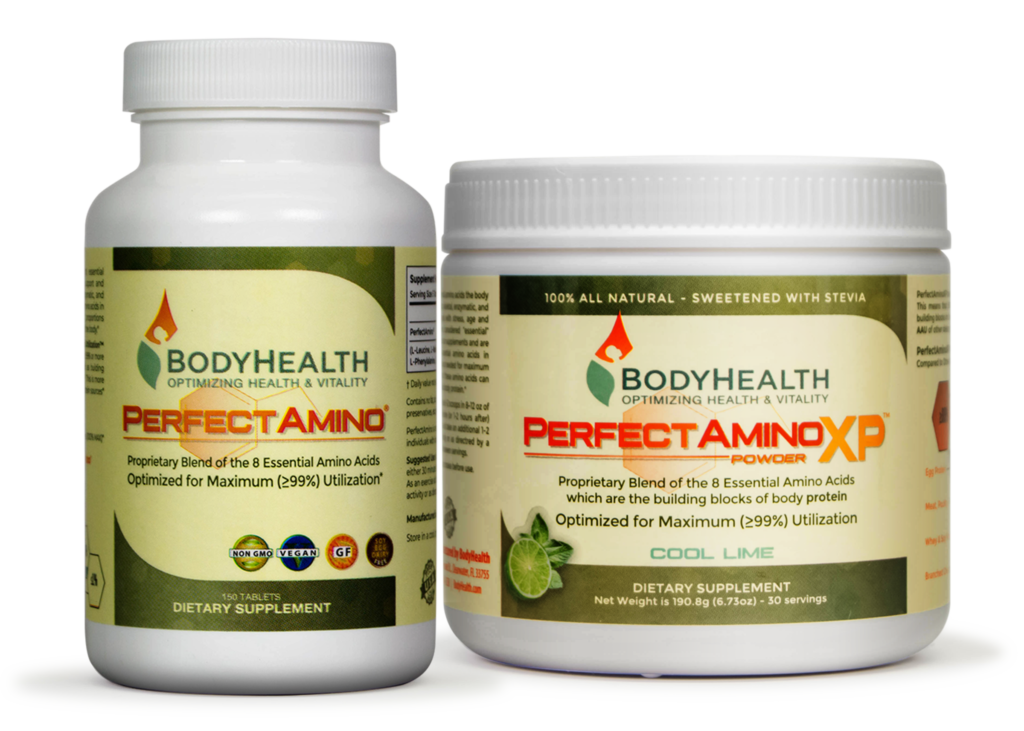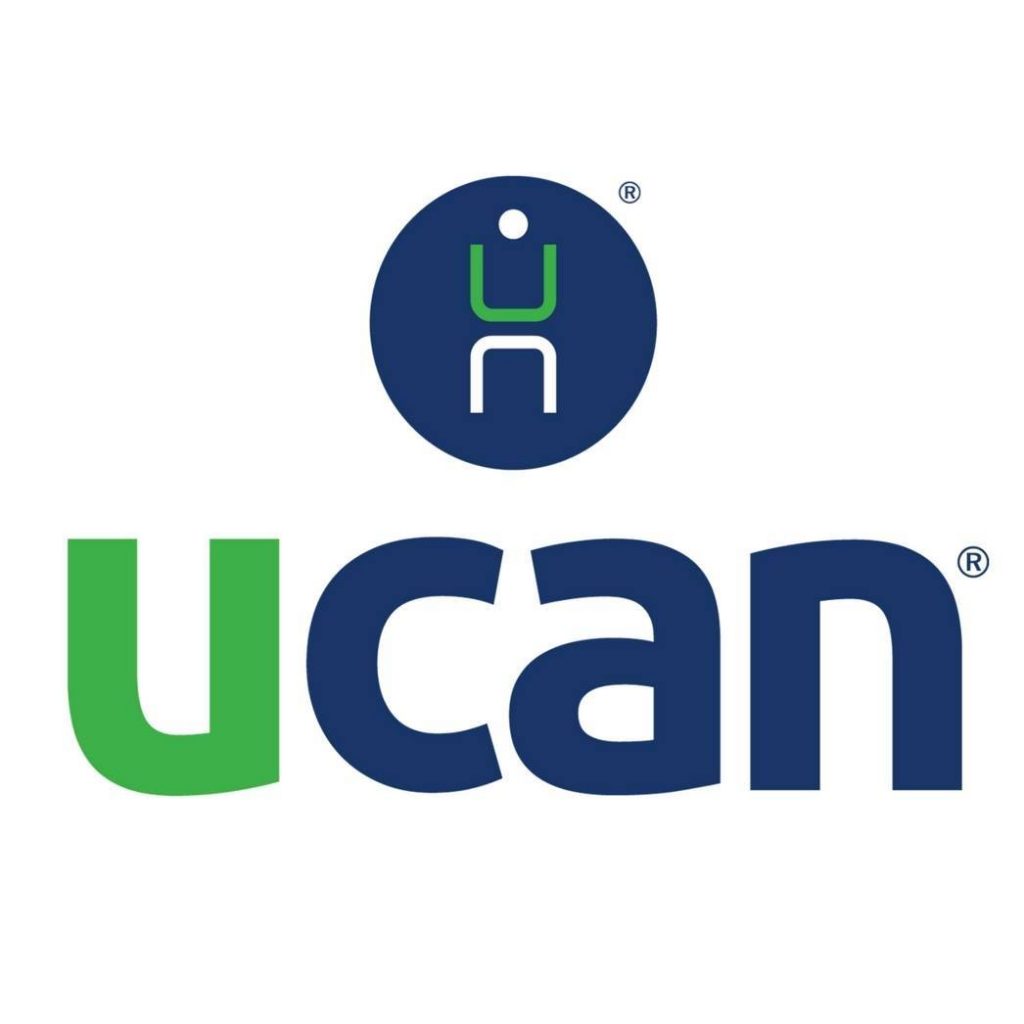Nothing matters more to a runner than their feet. They’re one of the few things that we feel comfortable with spending decent money on. We know that shoes are about the only thing you need to get into running, so over the years, getting the best shoes is what we have focused on.
The right pair of shoes can make a big difference in how you feel about running. Can you imagine trying to run in a pair of firefighter’s boots? Or what if every time you laced up, you put on a couple of two-foot long snorkeling fins. Running definitely wouldn’t be as enjoyable.
For a decade or two, minimal footwear, or even running barefoot, has gained in popularity. Perhaps you’ve considered it, or even given it a try. For the majority of runners though, it’s mostly an experiment.
While it isn’t very reasonable for most of us to run barefoot, whether it’s the terrain where we live or the way we feel about it, the barefoot movement has made some big differences in how our shoes look today and how experts research the foot.
Jay Dicharry is one of those experts. He is a physical therapist and a sports clinical specialist. He has written two books on running and helps athletes recover from injury and improve their performance. Jay’s mission is to help people achieve their goals by working backwards from them, finding the weak points, and strengthening them.
The Connected Human Body
Most recently, Jay has focused on feet. He’s found, that just as runners strengthen their hips and core, they should also strengthen their feet.
If you don’t know already, the reason behind strengthening our hips and core is to avoid injury and run better. It may not be intuitive at first, but strengthening these areas of the body helps to maintain better posture, longer. As the children’s song “Dem Bones” suggests—cue the music—the knee bone’s connected to the thigh bone, the thigh bone’s connected to the hip bone… and so on.
With proper posture, we don’t put too much pressure on the wrong parts of our body. As we fatigue, the muscles that we haven’t trained lose their form. So even if your legs are strong and still moving, your weak hips and core could, for example, lead to unnecessary strain on your knees.
Focusing on a Runner’s Feet
Similarly, our feet can use some strengthening. For a number of years, shoe companies and professionals really wanted to tell you that you have a certain type of foot, one that needs a higher or lower arch support, or a wide or narrow shoe.
Jay says that our feet both pronate and supinate, something that used to be classified as a “type” of foot. “Feet need to move,” he says, “they aren’t like a static bridge.” Instead of trying to find the right type of shoe for your foot, he suggests wearing multiple types of shoes throughout the week so our feet get used to different environments.
The bottom line is that if we have stronger feet, we can run faster, jump higher, and cut harder. The focus should be on freeing our feet and strengthening them, rather than confining them and creating an inflexible and insensible foot.
How to Strength Your Feet
The process of strengthening your feet is similar to most healthy habits. You don’t need to do it a lot, and it’s most effective when done consistently over a long period of time. For children and those who train without shoes, their feet are still flexible and using them without shoes or with minimal shoe constriction keeps them that way.
For most of us, we can strengthen our feet by doing simple exercises. Practicing balance and doing other exercises barefoot can help, as well as using some of Jay’s foot-strengthening tools. A good way to incorporate foot strengthening exercises is to add them at the beginning or end of a run and to not consider the run complete until you have finished them.
Training correctly for a short amount of time is often more effective then training incorrectly for a long period of time. Think about that when considering adding a foot strengthening exercise to your routine. Whatever we can do to train better, we should happily embrace it.
The challenge is in deciding how best to spend our time training. How will you train smarter this year?
Resources:
Listen to the Running for Real Podcast here:
[podcast src=”https://html5-player.libsyn.com/embed/episode/id/12701588/height-orig/90/theme/custom/thumbnail/yes/direction/forward/height/90″ height=”90″ width=”100%” placement=”bottom” theme=”custom”]Apple (iTunes) Podcast | Sticher | Castbox | Overcast | Spotify | Google Play | iHeartradio |
Thank you to my wonderful sponsors Recoup Fitness, BodyHealth, and Generation UCAN for sponsoring this episode of the Running for Real Podcast.
Recoup is a product that I WISH I had as an Elite and a Collegiate athlete, introducing hot and cold – innovative therapy tools that are tested by professional athletes, without the professional price tag. It is the perfect product for shin splints, plantar fasciitis, IT band issues and recovery. It is a portable cryosphere massage roller that stays cold for up to 6 hours, easily cleanable, and mess free!
Click here to get 15% off by using code: tinamuir
If you are struggling to recover quick enough from your training, my little secret is to use BodyHealth Perfect Amino to get you there. It contains all the essential amino acids, and is very easy for your body to use and begin the repair process. Click the link and use code TINAMUIR10 for 10% off.
Generation UCAN has been with me through a lot of my races and in my every day life. This product has been my go to nutritional product for marathon training and racing when I was getting all of my best times. It gives you a steady energy without the sugar, so there are no sugar high or crashes!
Use code TINAMUIR25 for 25% off.
To share your thoughts:
Leave a note in the comment section below.
Join the Running for Real Facebook Group and share your thoughts on the episode (or future guests you would like to hear from)
Share this show on Twitter, Facebook, Instagram, or Pinterest.
To help out the show:
Leave an honest review on iTunes. Your ratings and reviews will really help me climb up the iTunes rankings and I promise, I read every single one.
Not sure how to leave a review or subscribe, you can find out here.
Thank you to Jay, I look forward to hearing your thoughts on the show.






